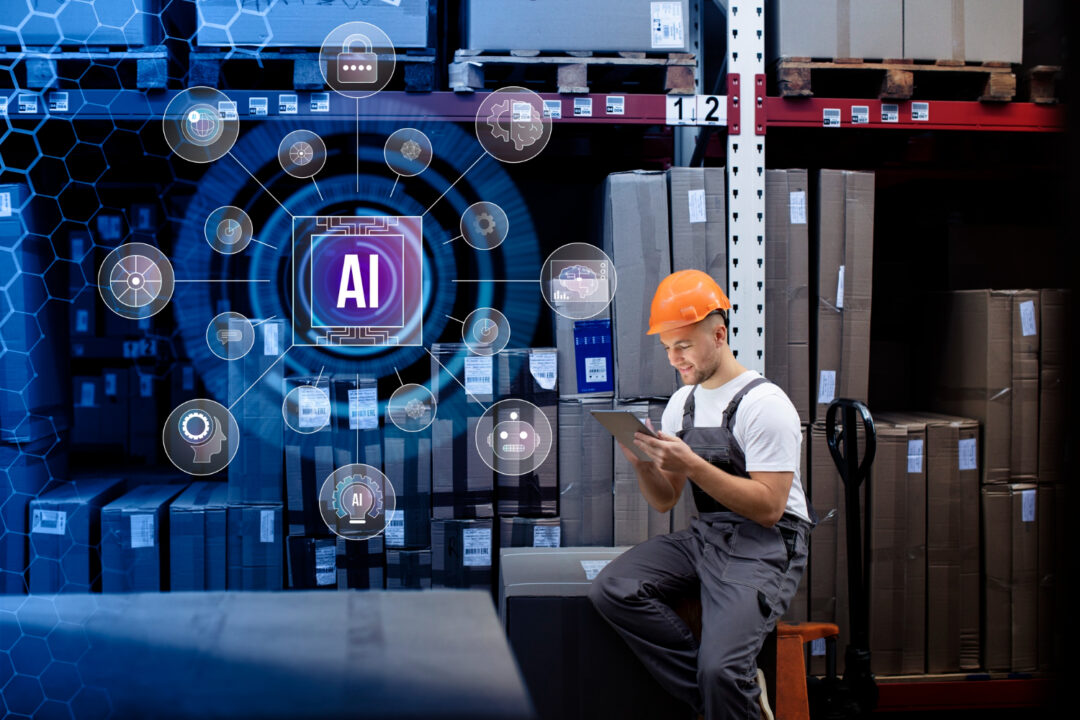Artificial Intelligence (AI) and Machine Learning (ML) have emerged as transformative forces, reshaping the way businesses operate, innovate, and compete. From streamlining processes to unlocking valuable insights, the impact of AI and ML is profound, extending their benefits to businesses of all sizes. In this blog post, we delve into the world of AI and ML, exploring their applications and demonstrating how they are invaluable assets for both small enterprises and large corporations.
With their ability to analyze vast amounts of data in real time, AI and ML empower businesses to make smarter, data-driven decisions. They also enable personalized customer experiences, optimize workflows, and foster innovation by identifying opportunities that might otherwise go unnoticed. As these technologies continue to evolve, their potential to drive growth and efficiency becomes increasingly undeniable.
Demystifying AI and ML
Artificial Intelligence refers to the development of computer systems that can perform tasks that typically require human intelligence. This includes activities such as visual perception, speech recognition, decision-making, and language translation. On the other hand, Machine Learning is a subset of AI that enables systems to learn and improve from experience without being explicitly programmed. It relies on algorithms that allow computers to analyze data, identify patterns, and make decisions.
Enhanced Decision-Making
One of the most significant advantages of AI and ML lies in their ability to analyze vast amounts of data swiftly and accurately. This capability empowers businesses, regardless of their size, to make data-driven decisions. From predicting market trends to optimizing inventory management, AI and ML algorithms provide insights that can shape strategic initiatives, ensuring informed decision-making at every level.
Customer-Centric Solutions
For both small businesses aiming to establish a niche and large enterprises striving for customer loyalty, AI and ML offer personalized solutions that cater to individual preferences. Recommendation engines, chatbots, and virtual assistants leverage these technologies to enhance customer interactions, providing a seamless and tailored experience that fosters customer satisfaction and loyalty.
Efficiency and Automation
Automation is a key driver of efficiency, and AI and ML play pivotal roles in automating repetitive tasks and complex processes. For small businesses with limited resources, this means optimized operations and the ability to focus on core competencies. Large corporations, meanwhile, can scale their operations efficiently by automating workflows and ensuring productivity across various departments.
Predictive Analytics for Better Planning
Predictive analytics, powered by machine learning algorithms, allows businesses to anticipate future trends and outcomes. Small businesses can use this capability to navigate uncertainties and plan for growth, while larger enterprises leverage predictive analytics to optimize supply chains, manage resources effectively, and mitigate risks.
Cost-Effective Marketing Strategies
AI and ML empower businesses to refine their marketing strategies by analyzing consumer behavior, preferences, and market trends. This targeted approach ensures that marketing efforts are more precise and cost-effective, enabling businesses of all sizes to reach their target audiences efficiently.
Human Resource Management and Recruitment
Small businesses can streamline their recruitment processes with AI-driven tools that automate candidate screening and improve the efficiency of talent acquisition. For larger enterprises, AI and ML contribute to more strategic human resource management by providing insights into employee performance, engagement, and retention.
Adaptability and Scalability

One of the remarkable features of AI and ML is their adaptability to various industries and business sizes. Whether you are a start-up or a multinational corporation, the flexibility of these technologies allows for tailored solutions that address specific needs, promoting adaptability in an ever-changing business environment.
Conclusion: A Universal Advantage
In conclusion, Artificial Intelligence and Machine Learning are not exclusive privileges of large corporations. Their applicability spans across businesses of all sizes, offering solutions that enhance efficiency, drive innovation, and foster growth. As we navigate the future of business, embracing the potential of AI and ML becomes not just a strategic advantage but a necessity. From streamlining operations to unlocking new opportunities, these technologies are democratizing success, ensuring that businesses, big and small, can thrive in the era of intelligent enterprise.





0 Comments